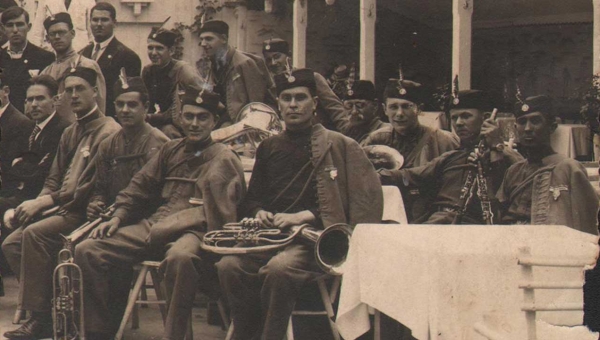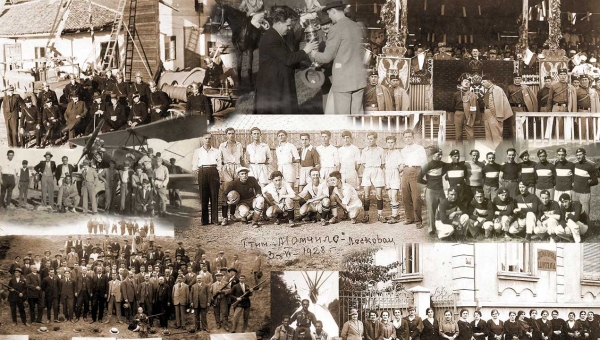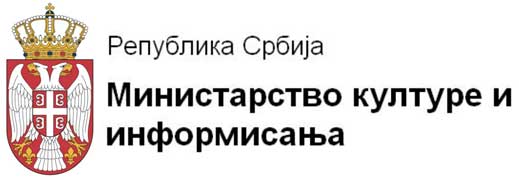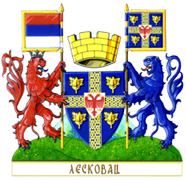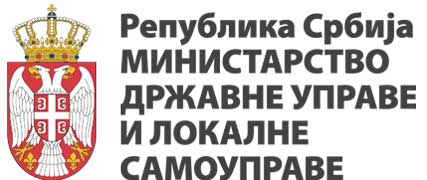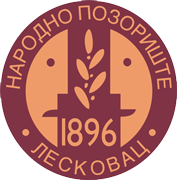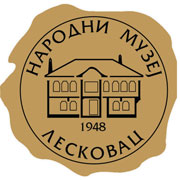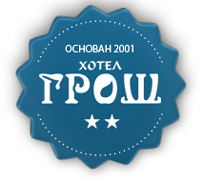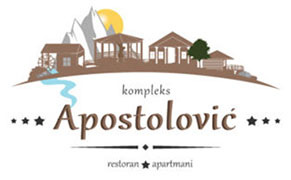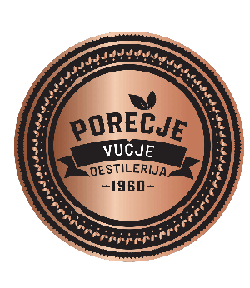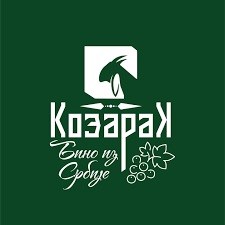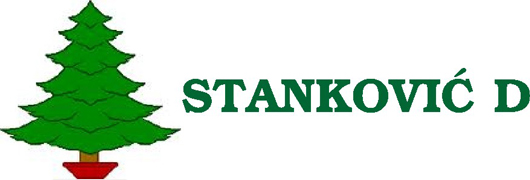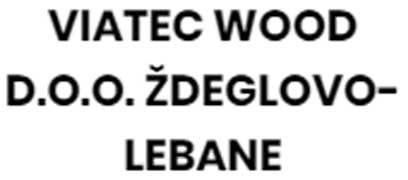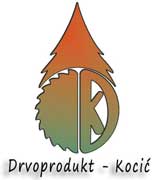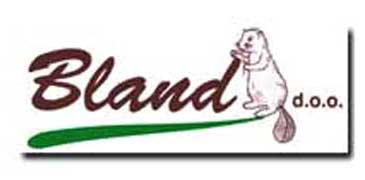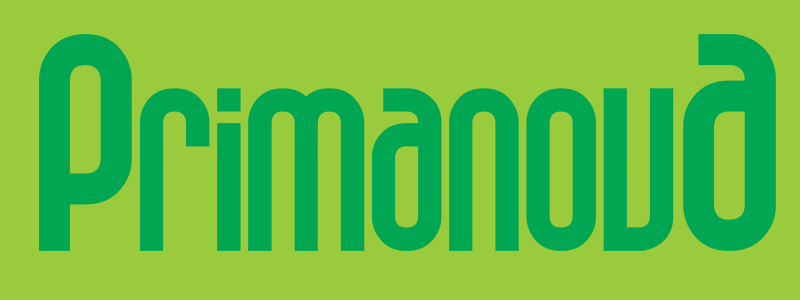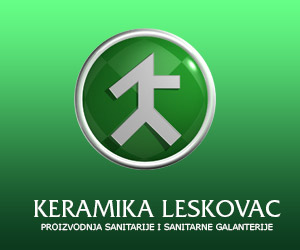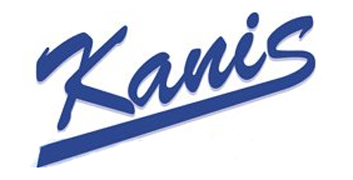Leskovac had three choirs; the oldest one was, “Branko,” founded in 1887, “Bratstvo,” founded in 1911, and, “Binicki,” founded in 1932. All singing groups had male, female and mixed choirs. Their members came from all social categories, mostly from the higher ranks of merchants, craftsman and workers.
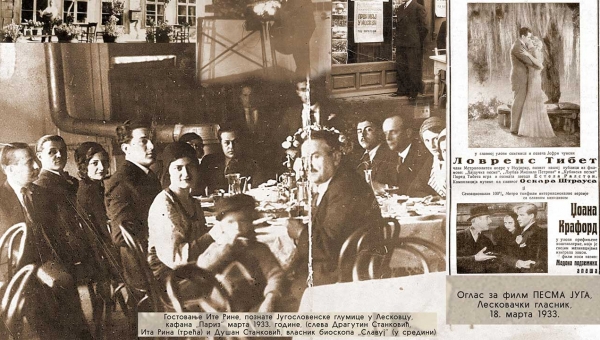
Movie theatres were an integral part of the cultural life and have existed since the time of the city's occupation, when theatrical performances were held at the Hotel, “Solun.” Other theatres began working after the war was concluded and during the 20’s, there were several movie theatres, located mainly in the hotels and taverns which operating on occasion.
Can something that was good and beautiful happen again?
Personal human histories have their own moments of zenith; those who can reach the zenith twice during their lifetime are quite rare. These rare occasions discourage us from trying to once again, "relive," ourselves, as it were, at our best. Instead, far too often do we rely on memories and dwell on the, “good old days,” which, pine though we may, have gone never to return.
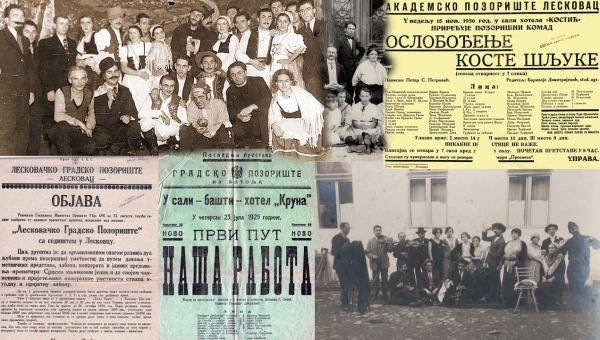
Since the late 19th century, there was a tradition of theatre in Leskovac. The First Amateur Theatre, “Jug Bogdan,” was founded in 1896. In the inter-war period, the theatre achieved much success in Leskovac due to its exchanging repertoires with other theatres in Serbia. The audience in Leskovac could see the giants of the Serbian theatre scene, Dobrica Milutinovic in Shakespeare's, “The Merchant of Venice,” or in, “Othello,” Zanka Stokic, Milivoje Zivanovic and others.




